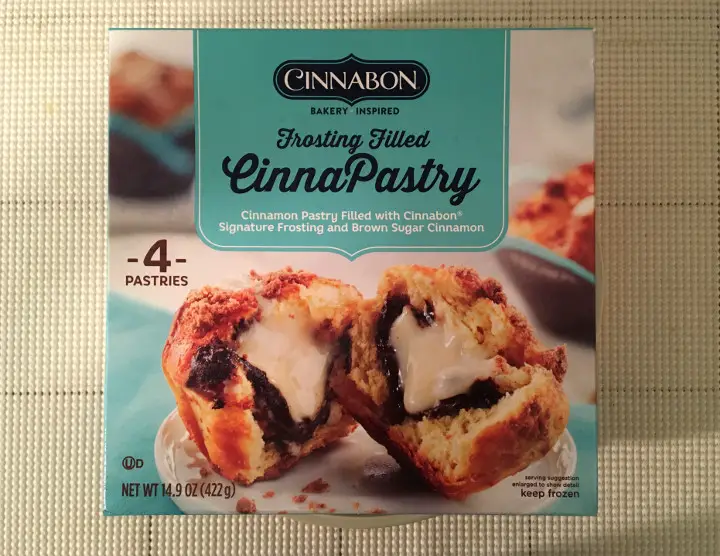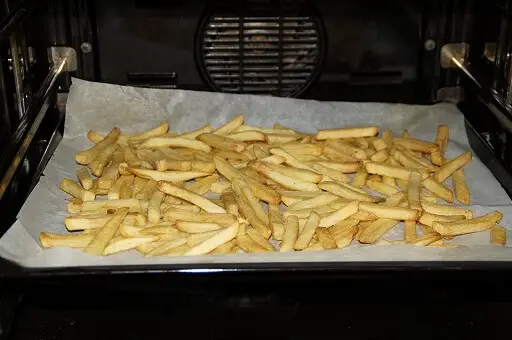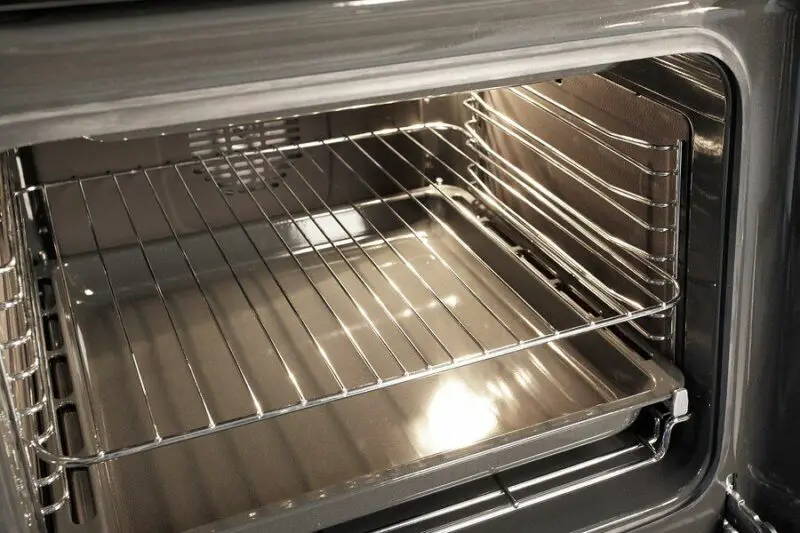Holland House cooking wine is a popular ingredient in many recipes, but when it comes to storage, there are some questions. Should you refrigerate Holland House cooking wine? To answer this question, we looked into the storage recommendations from the brand itself as well as other reputable sources. Here’s what we found:
Key Takeaways:
- Holland House cooking wine does not require refrigeration before opening.
- Unopened bottles should be stored in a cool, dry place, away from heat and light.
- Once opened, refrigerate the cooking wine to maintain its quality.
- Tightly seal the bottle after each use to prevent oxidation.
- Store the wine in a cool, dark place to maintain its flavor and prevent spoilage.
Storage Recommendations from Holland House
When it comes to storing Holland House cooking wine, the brand itself provides some clear guidelines. According to their official website, unopened bottles of Holland House cooking wine do not need to be refrigerated. Instead, they recommend storing the bottles in a cool, dry place, away from heat and light. This ensures that the wine maintains its quality and flavor until it is opened.
However, once you open a bottle of Holland House cooking wine, it is important to refrigerate it. By doing so, you can prolong the wine’s freshness and prevent spoilage. Holland House suggests using the opened cooking wine within 6 months for the best flavor. This timeframe allows you to make the most of the wine’s taste in your cooking.
To summarize, here are the storage recommendations from Holland House:
- Unopened bottles do not require refrigeration
- Store unopened bottles in a cool, dry place, away from heat and light
- Refrigerate opened bottles to maintain freshness and flavor
- Use opened cooking wine within 6 months for optimal taste
| Storage Recommendations from Holland House | |
|---|---|
| Unopened Bottles | Do not require refrigeration |
| Store in a cool, dry place, away from heat and light | |
| Opened Bottles | Refrigerate to maintain freshness and flavor |
| Use within 6 months for optimal taste |
Preservation Tips from Cooking Experts
In order to preserve the quality of cooking wine, there are several tips recommended by cooking experts. These tips will help maintain the flavor and prevent spoilage. The key is to store the cooking wine correctly, ensuring that it remains fresh and ready to use in your recipes.
Proper Sealing
After each use, it is important to tightly seal the bottle to prevent oxidation. Oxidation can negatively impact the flavor and quality of the wine. By ensuring a tight seal, you can keep the cooking wine fresh for an extended period of time.
Protect from Sunlight and Heat
Direct sunlight and excessive heat can also affect the quality of cooking wine. It is best to store the wine in a cool, dark place away from temperature fluctuations. This will help maintain its flavor and prevent any spoilage.
Storage Considerations
When it comes to storage, it is important to take into account the type of cooking wine being used. Some cooking wines, like Holland House, contain salt and preservatives that contribute to their longer shelf life. However, it is still crucial to follow proper storage recommendations to maintain the best flavor and quality.
| Preservation Tips | Summary |
|---|---|
| Proper Sealing | Tightly seal the bottle after each use to prevent oxidation. |
| Protect from Sunlight and Heat | Store cooking wine in a cool, dark place away from direct sunlight and excessive heat to maintain its flavor. |
| Storage Considerations | Take into account the type of cooking wine being used, as some may contain salt and preservatives that contribute to a longer shelf life. |
By following these preservation tips, you can ensure that your cooking wine remains fresh and of the highest quality. Incorporate these recommendations into your storage routine to enjoy the full potential of your cooking wine in all of your recipes.
Shelf Life of Opened Cooking Wine
Once opened, cooking wine can last for several months if stored properly. The general recommendation is to use it within 3 to 6 months for the best flavor. However, it’s important to note that the quality and flavor might deteriorate over time. If you notice any unusual odor or changes in color, it’s best to discard the wine and purchase a fresh bottle.
Proper storage is key to extending the shelf life of opened cooking wine. Here are some tips to keep in mind:
- Store the cooking wine in the refrigerator: Once opened, cooking wine should be refrigerated to slow down the oxidation process and maintain its freshness.
- Use airtight storage containers: Transfer the cooking wine from its original bottle to an airtight container to prevent exposure to air, which can lead to spoilage.
- Avoid temperature fluctuations: Fluctuations in temperature can affect the quality of the cooking wine. Store it in a cool and consistent temperature environment.
By following these storage tips, you can maximize the shelf life of opened cooking wine and ensure that it remains fresh and flavorful for longer.
| Storage Tips | Effectiveness |
|---|---|
| Refrigerate the cooking wine | ✔️ |
| Use airtight storage containers | ✔️ |
| Avoid temperature fluctuations | ✔️ |
Cooking Wine vs. Regular Wine Storage
When it comes to storing cooking wine, such as Holland House, and regular wine, there are some key differences to keep in mind. Cooking wine often contains salt and preservatives, which contribute to its longer shelf life compared to regular wine. As a result, the storage requirements for these two types of wine differ.
Cooking Wine Storage
Cooking wine, like Holland House, is formulated with additives that help preserve its flavor and quality. This means that it can withstand less ideal storage conditions compared to regular wine. To ensure the longevity of your cooking wine, it is important to store it in a cool, dark place away from temperature fluctuations. A kitchen cabinet or pantry is typically suitable for this purpose.
Additionally, tightly sealing the bottle after each use is crucial to prevent oxidation, which can negatively impact the flavor of the wine. By following these storage guidelines, you can maintain the quality of your cooking wine and use it for an extended period of time.
Regular Wine Storage
Regular wine, on the other hand, is not formulated with the same preservatives as cooking wine. As a result, it is more sensitive to storage conditions and requires more careful handling. Regular wine should be stored in a cool, dark place, such as a wine cellar or a temperature-controlled refrigerator, to preserve its taste and aroma.
It’s essential to keep regular wine away from direct sunlight and fluctuations in temperature, as these can affect its flavor and overall quality. By storing regular wine under optimal conditions, you can enjoy its intended taste and characteristics.
| Aspect | Cooking Wine | Regular Wine |
|---|---|---|
| Additives | Contains salt and preservatives | No added preservatives |
| Storage Location | Cool, dark place, away from temperature fluctuations | Cool, dark place, such as a wine cellar or temperature-controlled refrigerator |
| Storage Sensitivity | Less sensitive to storage conditions | More sensitive to storage conditions |
By understanding the difference between cooking wine and regular wine storage, you can ensure that you are storing each type correctly and maintaining their optimal flavors.
Final Thoughts on Refrigerating Holland House Cooking Wine
In conclusion, our research has revealed that refrigerating Holland House cooking wine is not necessary before opening the bottle. According to the storage recommendations from the brand itself, the unopened bottles should be stored in a cool, dry place, away from heat and light. However, once the bottle is opened, it is crucial to refrigerate the cooking wine to maintain its quality and flavor.
To ensure the preservation of the cooking wine’s quality, it is recommended to tightly seal the bottle after each use to prevent oxidation, which can affect its flavor. Keeping the wine away from direct sunlight and excessive heat is also important. Storing it in a cool, dark place will help maintain its flavor and prevent spoilage.
The shelf life of opened cooking wine can range from 3 to 6 months if stored properly. It is crucial to use the cooking wine within this time frame for the best flavor. However, it’s important to note that the quality and flavor may deteriorate over time. If any unusual odor or changes in color are detected, it is advisable to discard the wine and purchase a fresh bottle.
In comparison to regular wine, cooking wine, such as Holland House, contains salt and preservatives that contribute to its longer shelf life. Regular wine, on the other hand, is typically made for drinking and does not contain these additives. Therefore, regular wine needs to be stored differently, usually in a cool, dark place, away from temperature fluctuations.
By following these storage tips, including refrigeration once opened, tightly sealing the bottle, and storing it in a cool, dark place, you can ensure that your Holland House cooking wine remains fresh and flavorful for your culinary creations.
FAQ
Do You Refrigerate Holland House Cooking Wine?
According to Holland House, their cooking wines do not require refrigeration before opening. However, once opened, it should be refrigerated to maintain its quality.
What are the storage recommendations from Holland House?
Holland House recommends storing their unopened cooking wine bottles in a cool, dry place, away from heat and light. Once opened, the cooking wine should be refrigerated.
How can I preserve the quality of cooking wine?
To preserve the quality of cooking wine, make sure to tightly seal the bottle after each use to prevent oxidation. Store the wine away from direct sunlight and excessive heat in a cool, dark place.
How long can I keep opened cooking wine?
Opened cooking wine can last for several months if stored properly. The general recommendation is to use it within 3 to 6 months for the best flavor.
How should I store cooking wine compared to regular wine?
Cooking wine, such as Holland House, usually contains additives that contribute to its longer shelf life. It should be stored similarly to regular wine, in a cool, dark place, away from temperature fluctuations.
What is the final thought on refrigerating Holland House Cooking Wine?
Refrigerating Holland House cooking wine is important to maintain its quality. By following the storage recommendations and using it within the recommended time frame, you can enjoy the full potential of the wine in your recipes.




